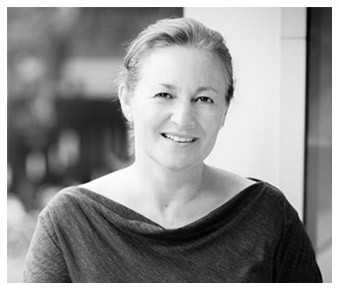ESRC Mental Health Leadership Fellow

Louise Arseneault’s research focuses on the study of harmful behaviours such as violence and substance dependence, their developmental origins, their inter-connections with mental health, and their consequences for victims. She is taking a developmental approach to investigate how the consequences of violence begin in childhood and persist to mild-life, by studying bullying victimisation and child maltreatment. Louise also studies the impact of social relationships including social support and loneliness on mental health. Her research aims are to answer questions relevant to psychology and psychiatry by harnessing and combining three different research approaches: developmental research, epidemiological methods and genetically-sensitive designs. Louise’s work incorporates social as well as biological measurements across the life span.
Louise completed her PhD in biomedical sciences at the University of Montreal and moved to the UK for a post-doctoral training at the MRC Social, Genetic and Developmental Psychiatry Centre. She has been working with well-known longitudinal cohorts such as the Montreal Longitudinal Cohorts, the Dunedin Multidisciplinary Health and Development Study and the Environmental Risk (E-Risk) Longitudinal Twin Study, a nationally-representative sample of families with twins in England and Wales. She has also been exploring another important nationally-representative cohort, the National Child Development Survey (NCDS).
Louise was appointed the Economic and Social Research Council (ESRC) Mental Health Leadership Fellow. Louise’s fellow role with the ESRC includes providing intellectual leadership and strategic advice in the priority area of mental health. It is a broad agenda including engaging research communities, promoting collaborations, advocating for mental health research, championing the co-design and co-production of research and providing advice to the ESRC and other research councils. Throughout the three year fellowship, Louise plays a vital role in championing the role of the social sciences in mental health research. She provides advice on how social science research can best address the challenges that mental health poses for our society, communities and individuals.
Louise Arseneault was elected as Fellow of the Academy of Medical Sciences in May 2018, She joined 47 new Fellows, who have been elected for their outstanding contributions to biomedical and health science, leading research discoveries, and translating developments into benefits for patients and the wider society.
Louise Arseneault was conferred the title of Fellow of Academy of Social Sciences in October 2019. 65 leading social scientists joined as Fellows and were drawn from academics, practitioners and policymakers across the social sciences. They have been recognised after an extensive peer review process for the excellence and impact of their work through the use of social science for public benefit. This includes substantial contributions and leadership in various fields, including higher education, social, economic and environmental policy, government, law, charitable foundations and think tanks.